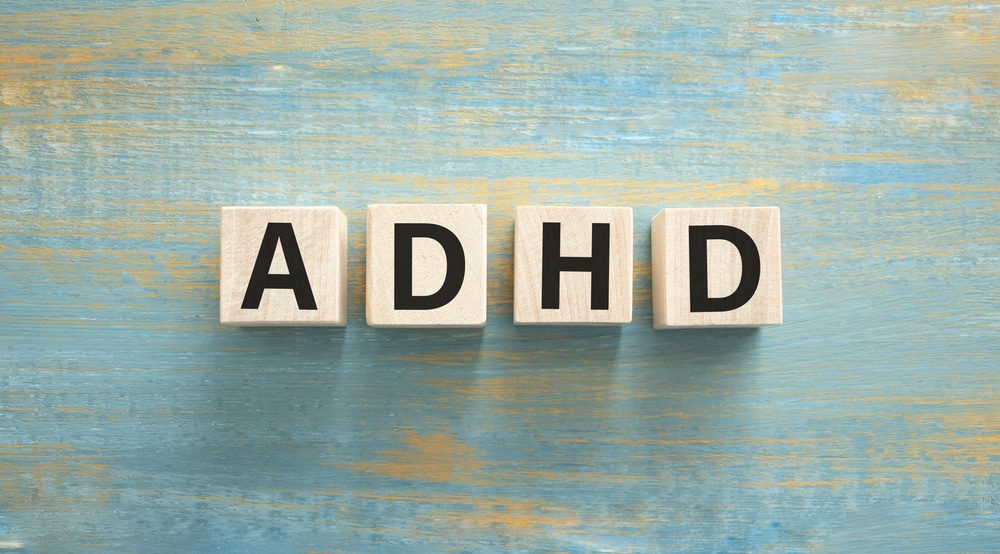Recent research indicates that Attention Deficit Hyperactivity Disorder (ADHD) is associated with a notably shorter life expectancy, raising significant concerns regarding the long-term health outcomes of individuals diagnosed with this condition. A study published in the British Journal of Psychiatry analyzed data from over 30,000 UK residents and found that adults with ADHD tend to live shorter lives compared to their non-ADHD counterparts. Specifically, men with ADHD exhibit a reduction in life expectancy ranging from 4.5 to 9 years, while women experience an even more pronounced decrease of 6.5 to 11 years.
A new paper, which appears in The British Journal of Psychiatry, concludes that females with an attention-deficit and hyperactivity disorder (ADHD) diagnosis die 8.64 years earlier than females without. Similarly, males with ADHD die 6.78 years earlier on average.
The authors suspect the shortened lifespan is not because of the condition itself. Instead, it may be due to co-occurring health conditions, unmet medical needs, and modifiable risk factors, like smoking tobacco and substance misuse.
Here, we outline the study’s details and findings and provide tips from experts on how to support friends and family with ADHD.
Published in The British Journal of Psychiatry, the study examined anonymized primary care records from 30,029 adults in the UK diagnosed with ADHD. These individuals were compared to a control group of 300,390 adults without ADHD, matched by age, sex, and primary care provider.
The findings indicate that men with ADHD may live between 4.5 to 9 years less than their peers, while women with ADHD could experience a reduction in life expectancy of 6.5 to 11 years.
Senior author, Professor Josh Stott (UCL Psychology & Language Sciences), said: “It is deeply concerning that some adults with diagnosed ADHD are living shorter lives than they should.
Dr. Stott said he hoped that, as these demographic changes took hold, health care systems would make more effort to identify the needs of neurodivergent patients. In past decades, he said, they may have been viewed dismissively by caregivers, as “the naughty kid at school.”
“If you’re constantly told, as a kid, sit down, stop being so naughty — if you talk to people with A.D.H.D., that is their experience — stop talking, go and sit outside,” he said. “It’s all of these things that wear down at your life chances, in many ways.”
Moreover, the implications of this research extend beyond individual health; they highlight a pressing need for enhanced support systems and strategies within healthcare frameworks. By addressing these risk factors through public health initiatives and tailored therapeutic approaches, it may be possible to mitigate the adverse effects associated with ADHD and promote healthier lifestyles among affected populations . As such, ongoing research into effective interventions remains crucial for improving life expectancy in individuals living with ADHD.
Read more
"Winds forecast issues in eastern Ontario and western Quebec." 3.8-magnitude earthquake shakes Maine, felt in Boston.Sarah H
Also on site :
- Trump to deploy National Guard to L.A. amid immigration protests
- EastEnders star Jamie Borthwick suspended by BBC for ‘disabled slur’ in latest Strictly scandal
- Trump to send National Guard to L.A. over immigration protests

